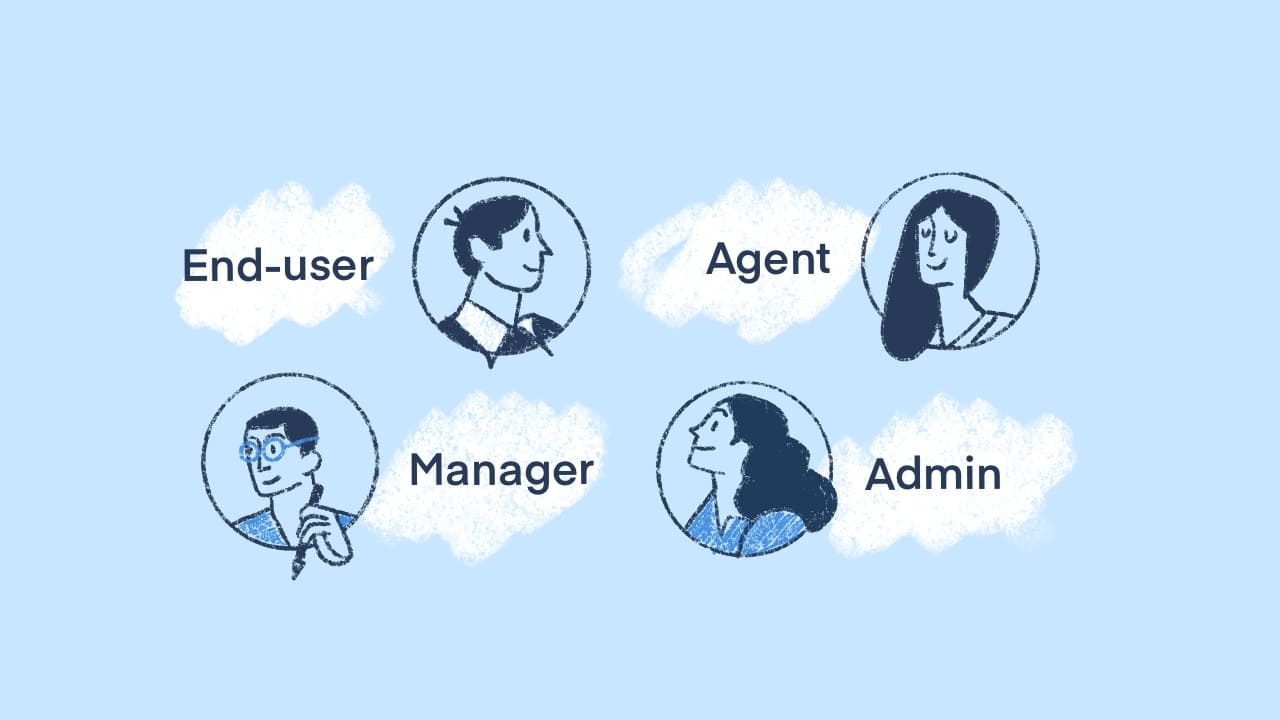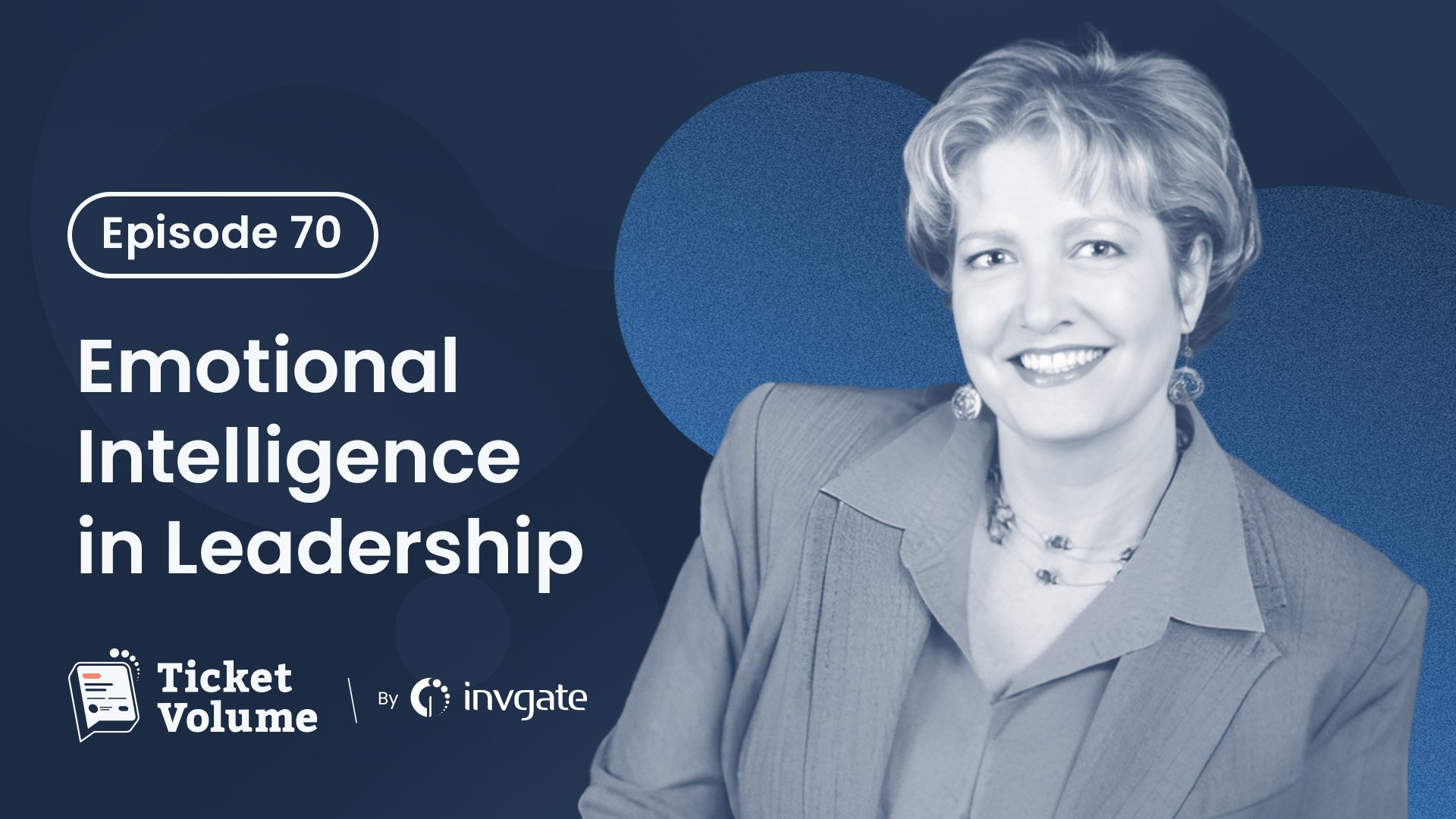Let's start with a fact: your business can benefit significantly from effective Change Management. Whether you're thinking of implementing new technologies, processes, or practices, a change agent can make all the difference.
A change agent is an individual who promotes and enables change within an organization, driving transformation and growth.In this article, we'll explore what a change agent does and how they can help your organization thrive. We'll also look at practical exercises like WIIFM and stakeholder analysis and discuss how to identify and develop successful change agents within your team.
Ready to discover how a change agent can support your business?

What is a change agent?
A change agent is an individual or group that initiates and facilitates organizational change. They play a crucial role in defining the need for change, guiding the change process, and bridging the gap between leadership and employees.
The primary responsibilities of a change agent involve identifying the rationale and benefits of the proposed change and then communicating this vision effectively to stakeholders.
They are responsible for designing appropriate frameworks and workflows to implement the change, as well as training and motivating employees to adopt the new ways of working.
Change agents provide guidance and support to employees throughout the change lifecycle, ensuring the successful completion of the initiative.
They also evaluate the change process, addressing any disruptions or disputes that may arise. Importantly, change agents act as liaisons between organizational leadership and employees, advocating for change and conveying feedback in both directions.

Difference between a change agent, champion, change manager, and change leader
Change agent
-
An individual or group that initiates and drives organizational change
-
Responsible for defining the need for change, designing the change process, and guiding implementation
-
Acts as a bridge between leadership and employees, advocating for change
-
Requires strong communication skills, authority, and the ability to overcome resistance
Change champion
-
Believes in the change and attempts to obtain commitment and resources for it
-
May not have direct authority to make the change happen
-
Helps build momentum and support for the change initiative
-
Often works alongside the change agent to drive the change forward
-
Oversees the planning, execution, and monitoring of the change process
-
Responsible for coordinating change activities, managing resources, and measuring progress
-
Ensures the change is implemented effectively and efficiently
-
Focuses on the operational aspects of change implementation
Change leader
-
Provides the vision, direction, and strategic guidance for the change initiative
-
Inspires and motivates others to embrace the change
-
Builds a culture that is receptive to change
-
Focuses on the people side of change, addressing mindsets and behaviors
-
Holds the authority and influence to drive large-scale organizational transformation
In summary, change agents and champions are more focused on initiating and advocating for change, while change managers handle the operational execution, and change leaders provide the strategic vision and people-centric guidance.
Types of change agents-
Internal change agents: These are members of the organization, familiar with its culture, institutional knowledge, and internal dynamics. Their insider perspective helps them navigate social politics and leverage existing relationships to drive change effectively.
-
External change agents: These are outside consultants or third-party experts who bring a fresh perspective and specialized expertise to the organization. Their external viewpoint can help identify issues that may be overlooked by internal staff, providing unbiased insights and solutions.

The role of a change agent
Consultant, communicator, and influencer
Change agents can act as consultants, providing advice and guidance on implementing change initiatives. They assess the current state of an organization's history, identify potential problems, and develop strategies to address them.
Their role as communicators involves effectively conveying the need for change to stakeholders and employees, ensuring everyone understands the company's benefits and objectives and new processes.
As influencers, they encourage and motivate others to embrace change, fostering a culture of continuous improvement and innovation.
Trainer, researcher, and business stakeholder
Change agents also take on the role of trainers, helping employees develop the necessary hard and soft skills to adapt to new technologies and processes. They provide support and training to ensure smooth transitions and minimize resistance.
As researchers, they stay informed about industry trends, emerging technologies, and best practices, using this knowledge to anticipate future challenges and opportunities.
In their role as business stakeholders, they ensure that change initiatives align with the organization’s strategic goals, working closely with other leaders to integrate changes seamlessly into the overall business strategy.
Unlocking Career Progression
Discover the strategies to lifelong learning and evolvement in IT
Download for free
Characteristics of a successful change agent
Flexibility, adaptability, and accountability
Successful change agents must be flexible and adaptable, capable of pivoting strategies when necessary to ensure the success of change initiatives. They take accountability for the outcomes of their efforts, demonstrating ownership of the process and its results. Change agents must foster trust and credibility, which is essential for gaining buy-in from stakeholders and employees.
Diversified knowledge, prioritization, and effective listening skills
A truly effective change agent must possess diversified knowledge and stay updated on the latest industry trends, technologies, and best practices. This knowledge enables them to make informed decisions and provide relevant guidance. Prioritization is another critical skill, allowing change agents to focus on the most impactful aspects of the change initiative.
Effective listening skills are crucial for understanding the needs and concerns of stakeholders in change processes and ensuring that change efforts are responsive and aligned with organizational needs.
Essential skills for a change agent
-
Project Management: Ability to plan, execute, and monitor change initiatives, ensuring they are delivered on time and within budget.
-
Communication: Clear and effective communication skills to convey complex technical concepts and change benefits to diverse audiences.
-
Problem-solving: Analytical skills to identify issues, develop solutions, and implement changes effectively.
-
Leadership: Ability to lead and inspire teams, fostering a culture of innovation and continuous improvement.
-
Emotional intelligence: Sensitivity to the emotional and psychological impacts of change, enabling them to support and guide employees through transitions.

Examples of Change Agents
As we mentioned, a change agent is equipped with a set of skills to carry out the initiative. However, it also happens that some innovative ideas come from within the organization itself, from staff who did not fulfill that role.
For example, a worker familiar with everyday issues might recognize that a production line needs an adjustment to eliminate a specific manual task, thus saving time and resources. However, this change implies new ways of operating the machine, which would require employee training.
Another common example relates to digital innovation. In this case, the organization hires an external consultant who serves as a change agent for implementing an accounting system. This person would handle the entire process: conducting an initial diagnosis, communicating the current status and improvement opportunities to management, developing the plan, training employees, and providing support.
Change Management exercises, WIIFM, and stakeholder analysis
Change agents can use various Change Management exercises to drive adoption and support organizational change. One such exercise is WIIFM (What’s In It For Me), which helps employees understand the personal benefits of the change, fostering acceptance and support.
Stakeholder analysis is another critical tool, enabling change agents to identify key stakeholders, understand their needs and concerns, and develop strategies to engage and manage them effectively throughout the change process.
Becoming a successful change agent
Identifying potential change agents and developing essential skills
Organizations should identify potential change agents and provide them with the training and support needed to develop essential skills. This includes technical proficiency, project management, effective communication, problem-solving, leadership, and emotional intelligence. Organizations can nurture these skills and aim to create a pool of capable change agents ready to drive successful change initiatives.
Overcoming challenges and achieving success
Change agents must be able to overcome challenges and obstacles to achieve success. This involves addressing resistance to change, managing stakeholder expectations, and finding solutions to unforeseen problems. Persistence, adaptability, and a proactive approach are key to navigating these challenges and ensuring the successful implementation of change initiatives.
Common challenges faced by change agents
Resistance to change, obstacles, and managing expectations
Change agents often face resistance to change, which can manifest as skepticism, fear, or outright opposition. Overcoming this resistance requires effective communication, empathy, and the ability to address concerns and provide reassurance. Managing stakeholder expectations is another challenge, requiring change agents to balance diverse needs and priorities, ensuring that everyone is aligned with the change objectives.
Measuring success and sustaining change
Measuring the success of change initiatives is crucial for demonstrating their value and ensuring continuous improvement. Change agents must establish clear metrics and evaluation processes to track progress and identify areas for enhancement. To ensure long-term success, sustaining a change effort involves building ongoing support, managing stakeholders, and integrating new processes into the organizational culture.
Conclusion
Change agents are pivotal in driving transformation and growth. They are prepared to handle change initiatives, making them smooth and beneficial for your business.
Whether internal or external, change agents bring valuable insights and strategies that help organizations adapt to new technologies and processes for long-term success and competitiveness.
Change agents can overcome challenges and drive successful change initiatives that benefit the entire organization through effective communication, stakeholder engagement, and continuous learning.














.jpg?upsize=true&upscale=true&width=780&height=205&name=how-to-create-a-service-level-agreement%20(1).jpg)
